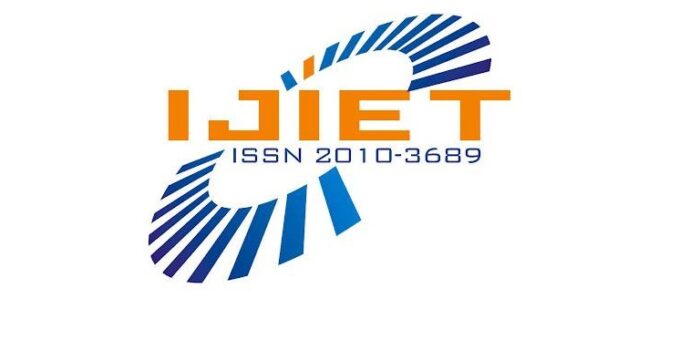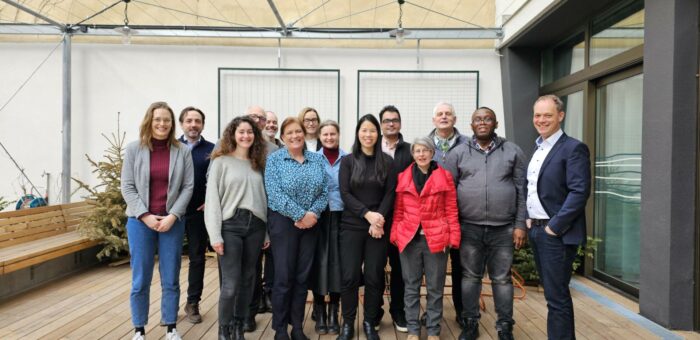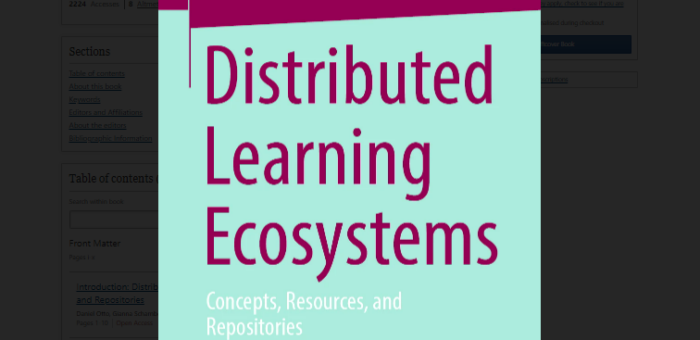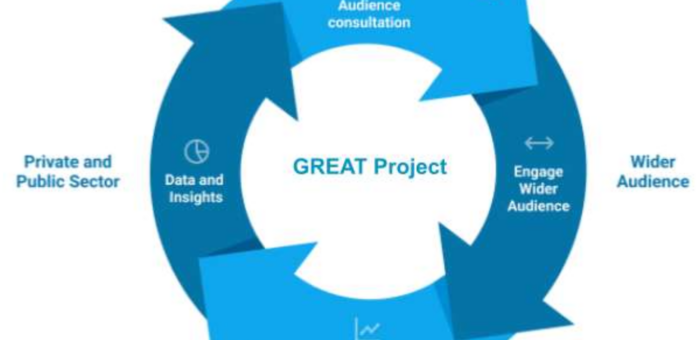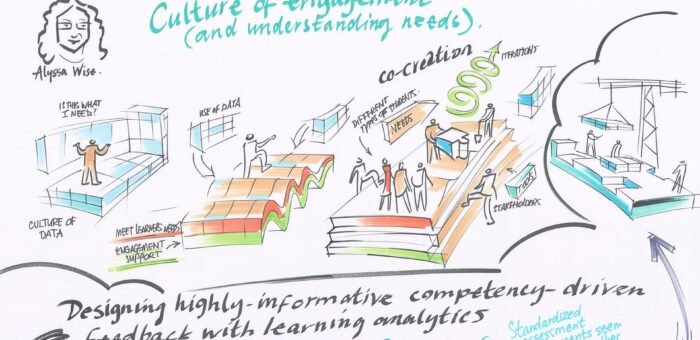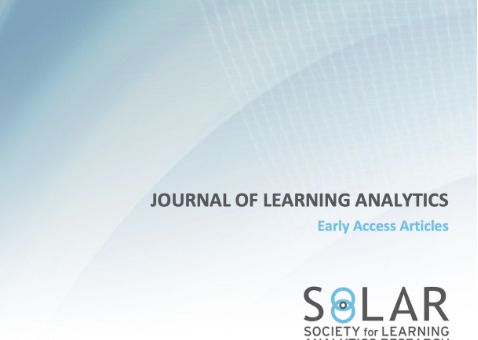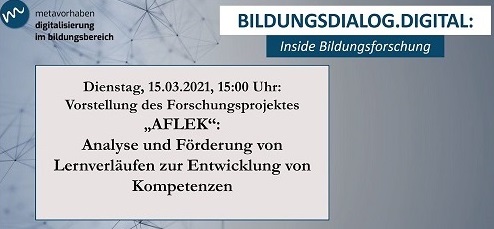
Dissemination event for the AFELK project
Digital lessons can help track individual student learning progression, analyze the extent to which they are productive and report this information back to teachers. But how can this individual learning progression and the learning difficulties that arise in the process be depicted? The research project AFLEK "Analyse und Förderung von Lernverläufen zur Entwicklung von Kompetenzen" (Analysis and Support of Learning Trajectories for the Development of Competencies) is currently looking for answers to this issue. The interdisciplinary project team uses so-called teacher dashboards to provide physics teachers with almost real-time feedback on the learning progress of their students. The information from digital teaching units helps identify productive and unproductive learning progression; this information can then help to automatically recolonize learning difficulties und derive feedback for the teachers to support more productive…

